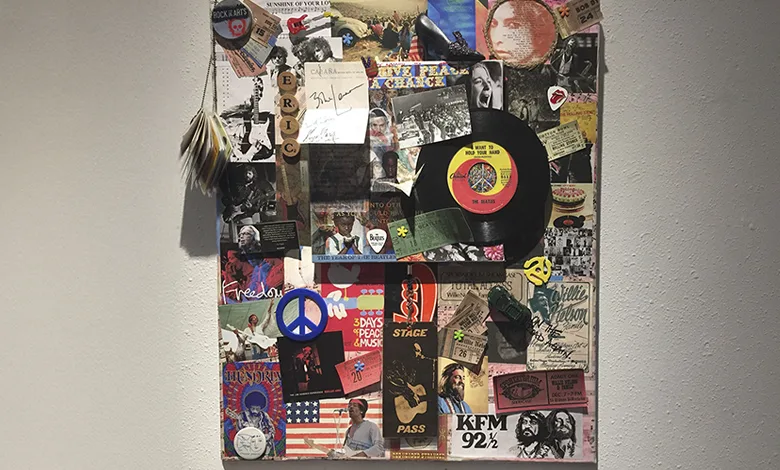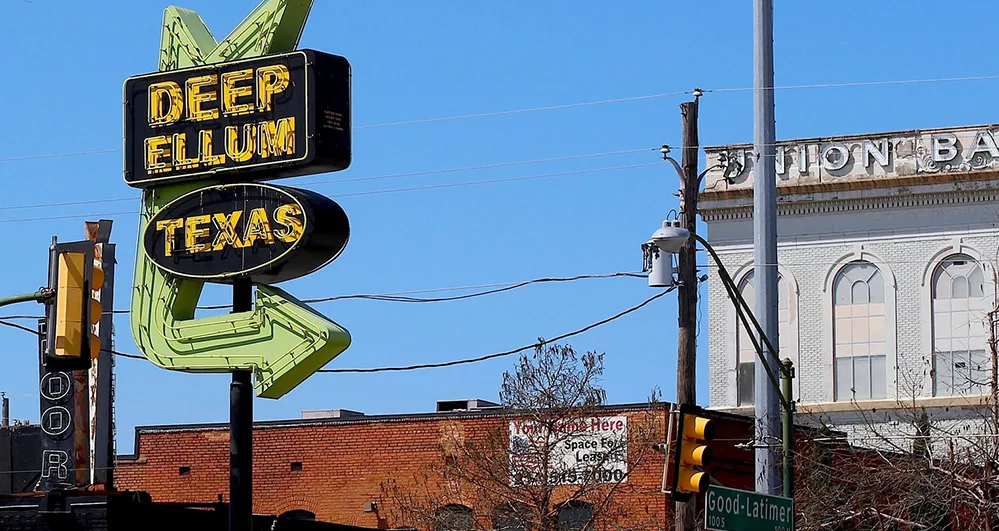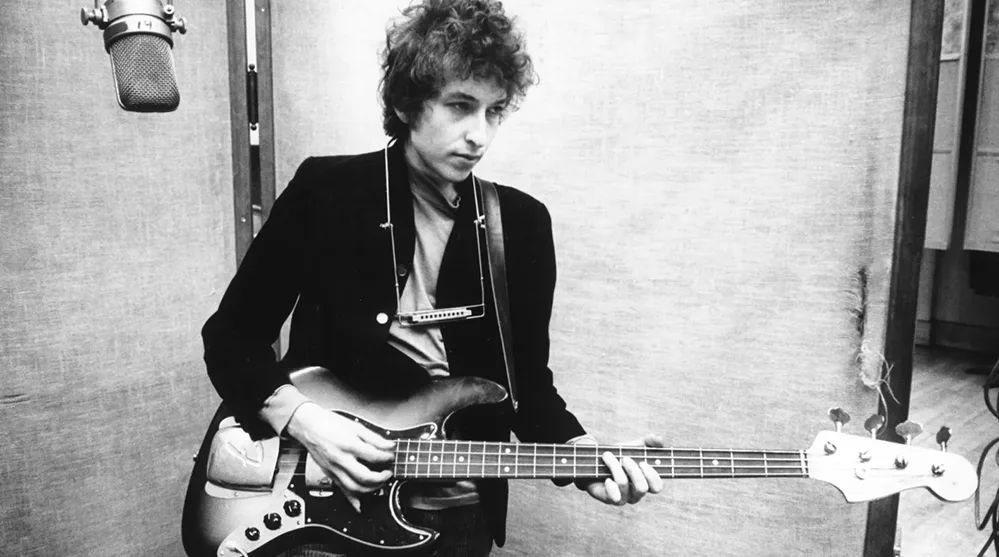Coming of Age in the Era of Peace and Love

On September 18, 1964, at only 12 years old, I sat on Row H at Dallas Memorial Auditorium to see the Beatles. Along with two of my besties and 10,000 screaming girls, I experienced what few would. It was fabulous — at least what we could hear beyond the squeals!
I am privileged to have had that experience and grown up when rock music emerged in the country. In the 1967 documentary “Inside Pop: The Rock Revolution,” we learn about the impact of 1967 as it became the year of significant breakthroughs in music. The transition from pop to rock in 1967 marked the dawn of a new era in music, with the rock genre quickly gaining momentum and selling millions of copies. The number one album was “Sgt. Pepper’s Lonely Hearts Club Band,” the Beatle’s groundbreaking album sold nearly 1.3 million copies in 1967 alone. Its enduring popularity continued to soar, with worldwide sales exceeding 32 million by 2017.
As a rising high school sophomore, I embraced this new movement as it expressed the feelings and frustrations of our time. Gone were the sugary pop lyrics of “Love Me Tender” and “Fly Me to the Moon.”
Civil rights and the Vietnam War were the rallying cries of folk writers like Bob Dylan and Joan Baez. Sam Cooke wrote “A Change is Gonna Come,” and the Impressions sang “People Get Ready.” We didn’t just feel the change; we were living it.

Rock concerts became popular, with the biggest and emerging stars making regular stops in Dallas: the Beatles, Cream with Eric Clapton, Jimi Hendrix, and The Grateful Dead. Musicians moved from one group to another. In future articles, I’ll share some of that hopping about as musical collaboration became a driver for many of the greats.
Locally, The Marksmen produced the incredible Steve Miller and Boz Scaggs. But they went their separate ways in the early 1960s, both going on to build huge music careers that continue to this day. Other local bands included the Chessmen and Kenny and the Kasuals, who we hired to play at my 30th high school reunion at Lake Highlands.
Another privilege? I heard these bands on weekends at the teen-focused Studio and Lantern Clubs.

Deep Ellum has a rich history in music dating back to the 1870s and came of age when Blind Lemmon Jefferson became one of the first blues musicians to record his music in the mid-1920s.
He paved the way for local talents like blues legends Robert Johnson, Freddie King, and, much later, Stevie Ray Vaughan.
What stands out most about this musical legacy is its ability to stir emotions. Though the accurate lyrics often escaped my ear, some broke through and made a lasting impression.

One such song was “Like a Rolling Stone” by Bob Dylan. We pronounced Bob’s last name ‘die-linn’ when the record came out. We hadn’t seen such an exotic spelling of the more ordinary spelling of Dillon. Even Jimi Hendrix, a big Dylan fan, covered this hit, most notably at the Monterey Pop Festival.
The song ran about six minutes, much longer than typical hits in 1965. His rebellious stance intrigued my friends and me as he shared disdain for a woman down on her luck.
It was direct, asking, “How does it feel?” It was provocative, especially after pop lyrics focused on everything good and light.
It would be decades before I understood his message. Before, I mimicked the lyrics, repeating them by heart every time they came on the radio.
But it stood out. Even though I didn’t understand it, the song burrowed into my consciousness, where it still lives.
Music enriches and inspires my life. Songs, both old and new, often touch me.
Who couldn’t feel the strain of “Shallow,” sung by Lady Gaga and Bradley Cooper in “A Star Is Born”?
I’m curious about what songs have moved into your head and heart. What role has music played in your life? Or has it? Click here and let me know.
I hope you’ll dust off a favorite song today—even if it’s on Spotify—and let the music take you to a different place and time.






